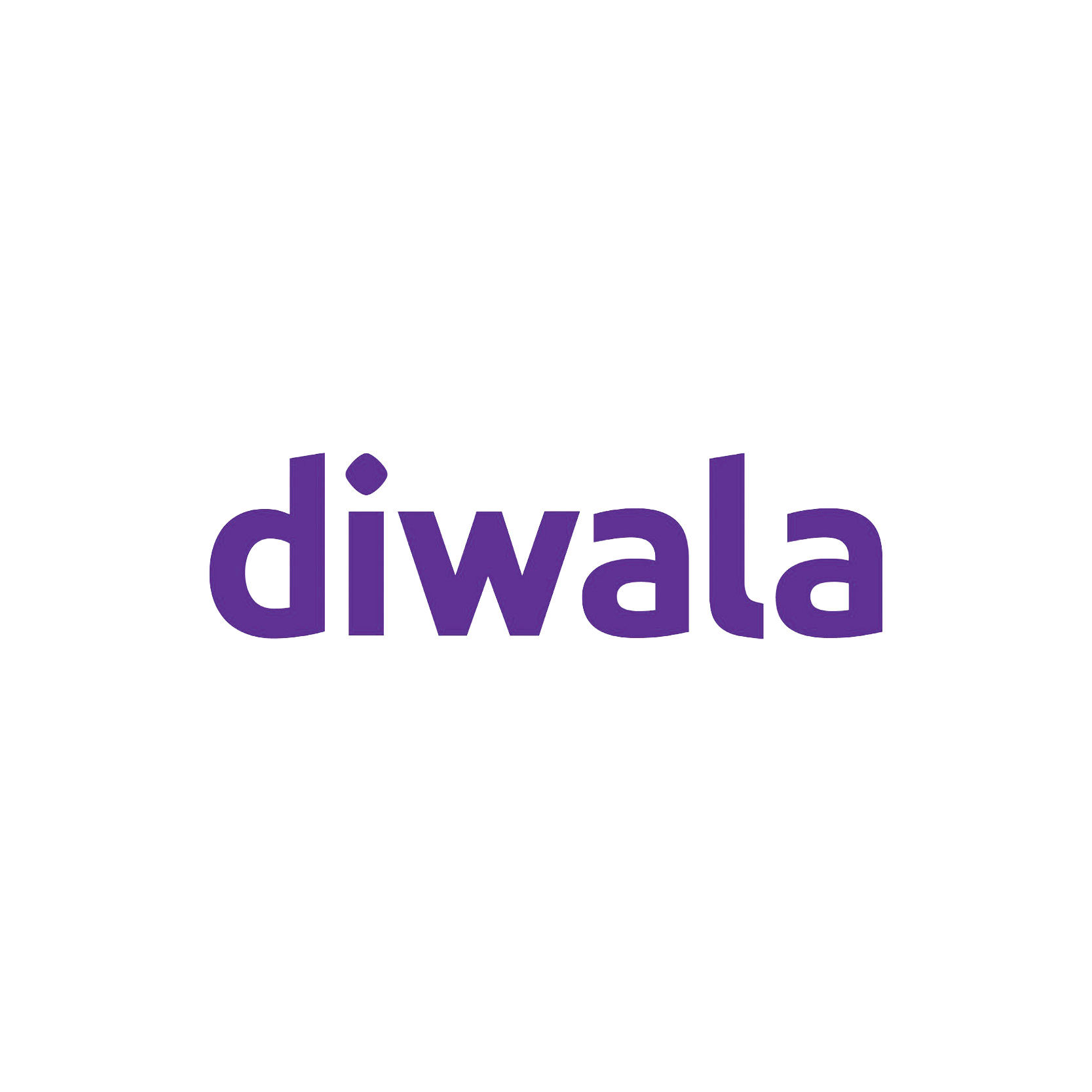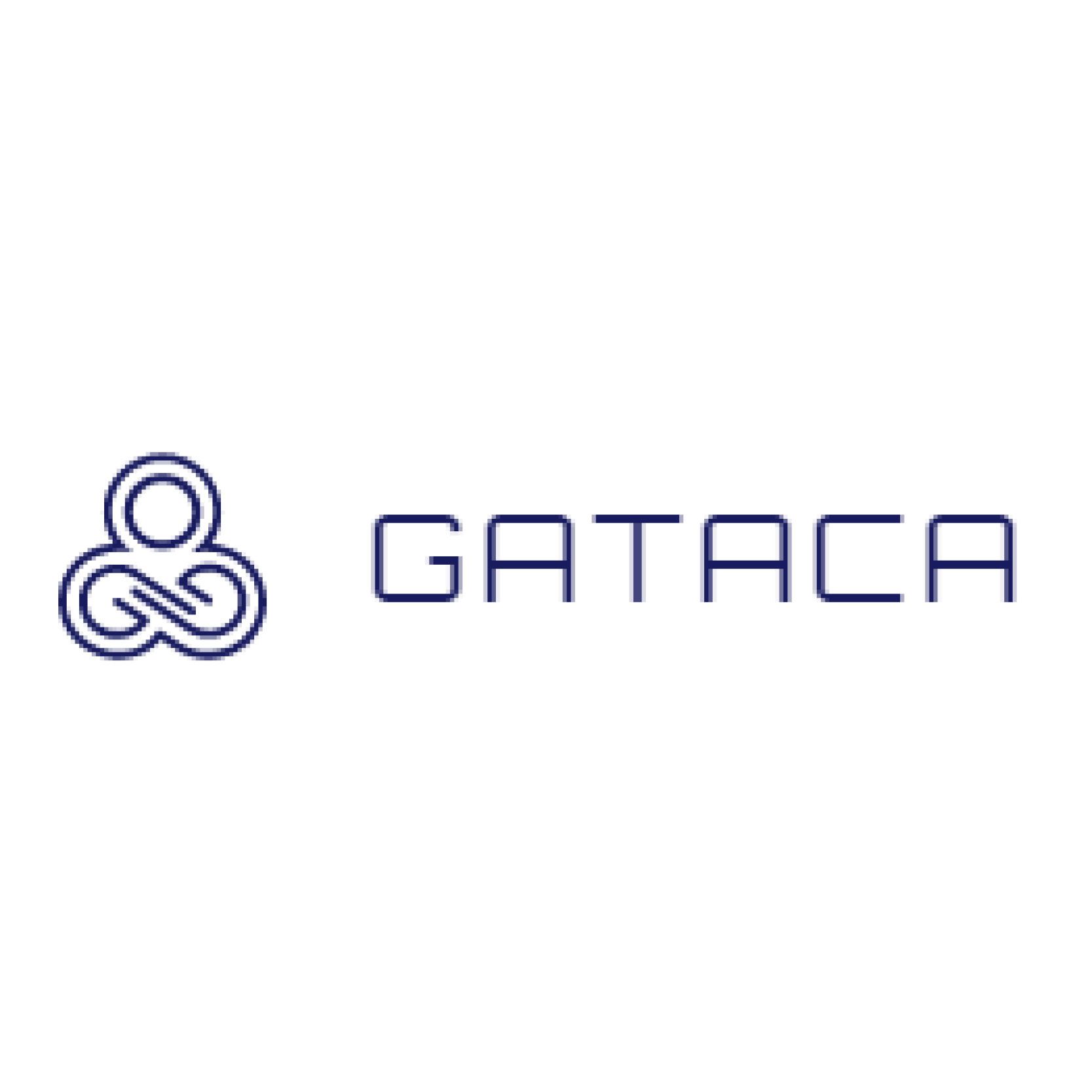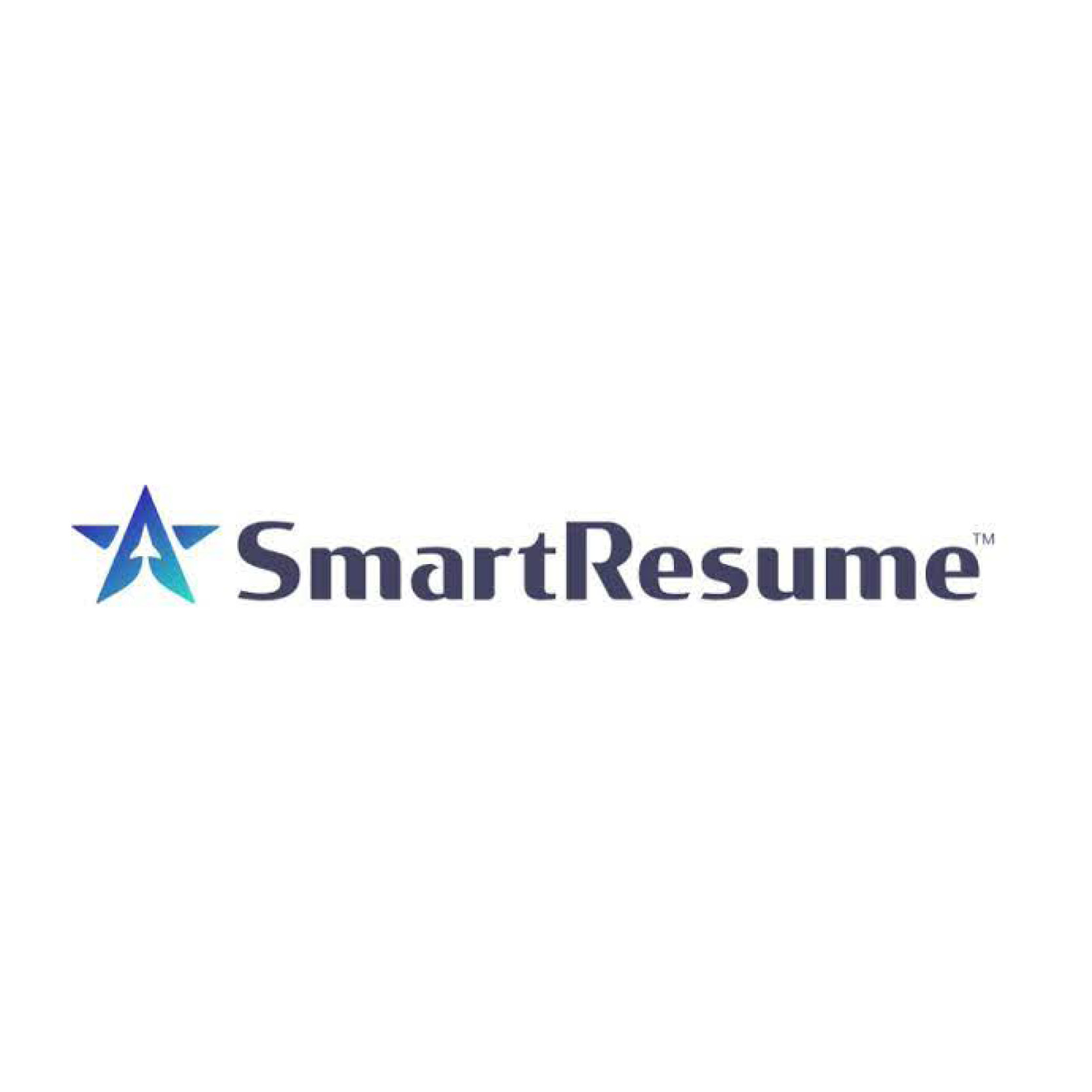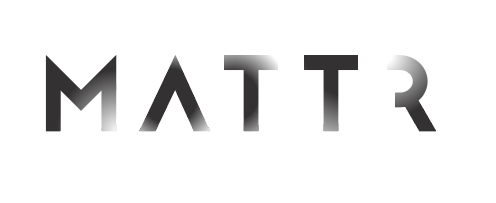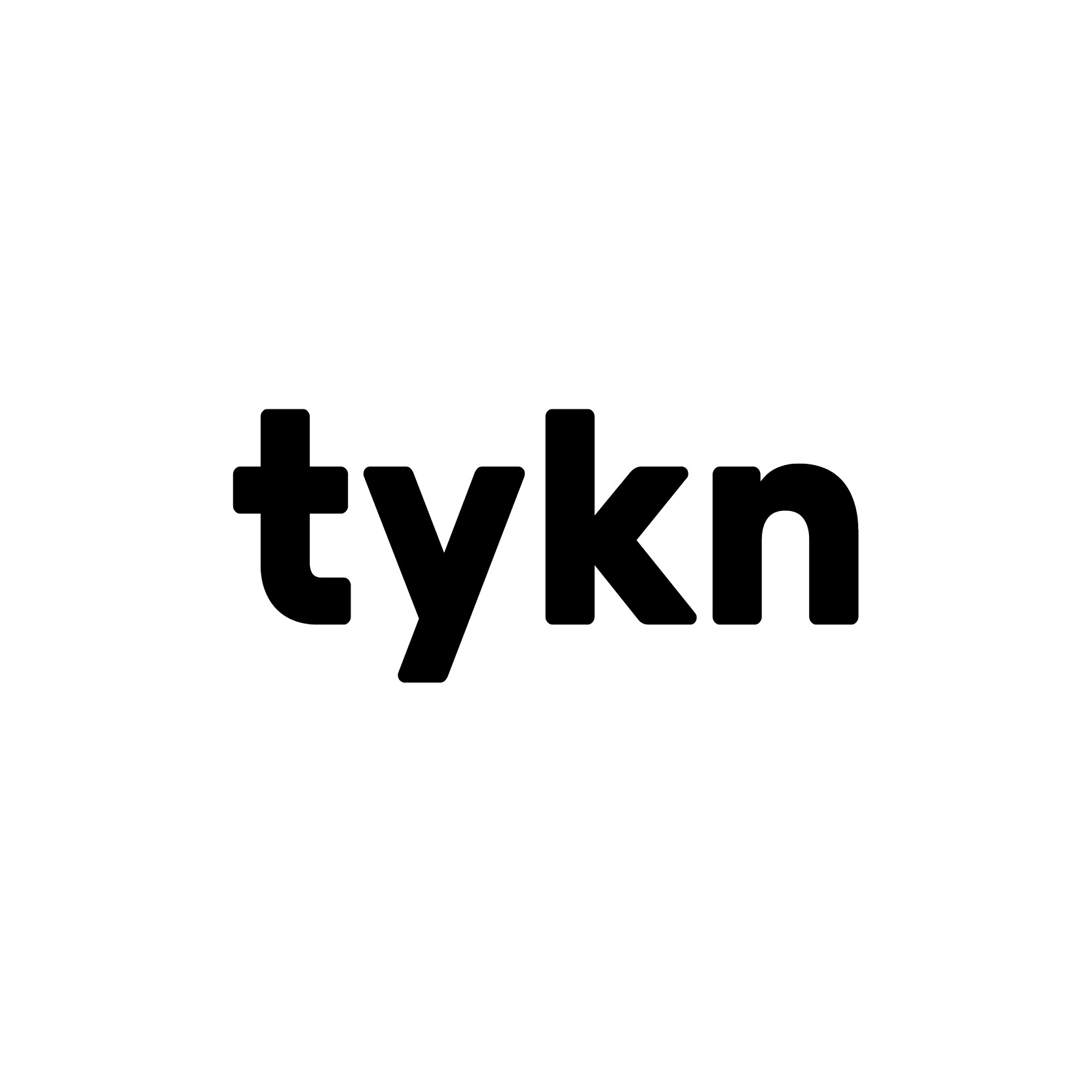Skills-based practices make pathways to good careers more accessible to a wider segment of the workforce by focusing on what workers can do, not on the degrees or certifications they’ve earned. The verifiable credentials wallets highlighted in this market scan give learners and workers the tools they need to communicate the totality of their skills and abilities and translate their achievements into future opportunities.
Traditional hiring processes, including those that rely on automated systems or social networks, overlook talented candidates that have skills and experiences that are not formally credentialed. This includes the 33 million Americans who have some college but no degree, and the estimated 27 million underemployed workers, caregivers, veterans, immigrants, and refugees who are excluded from opportunities for advancement.
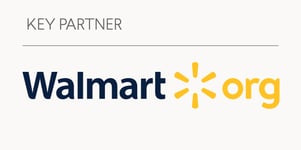
In a skills-based talent marketplace, jobseekers have the tools to more effectively share their skills, work experiences, and learning qualifications with potential employers, and hiring managers identify applicants who are able to succeed in jobs they’re trying to fill, whether or not they have traditional credentials, like a four-year college degree.
This Jobs for the Future market scan focuses on a technology solution that enables this transformed talent marketplace: digital wallets where learners and workers can store and share the artifacts of their achievements and share their skills as they pursue opportunities for advancement.

“Every day, capable and passionate people are excluded from opportunities regardless of whether they can actually do the job, often because they don’t have a traditional degree or the right network. Whether their skills are developed through short-term courses, on-the-job-training, military service or community service, workers with the right skills should have access to opportunities. Digital credential wallets give people a way to manage and showcase skills in ways that tell the complete story of their abilities, which is key to advancing equity and opportunity for all.”
Sean Murphy, director, OPPORTUNITY at Walmart
Understanding the Technology
The digital wallets featured in this market scan hold records of the various skills individuals earn over a lifetime of learning and work—in self-paced credential programs, informal learning experiences, on-the-job learning, or military training. For adults without formal degrees but whose work experience can qualify them for certain positions, the ability to easily share this information in a digital wallet can open new opportunities for economic advancement.
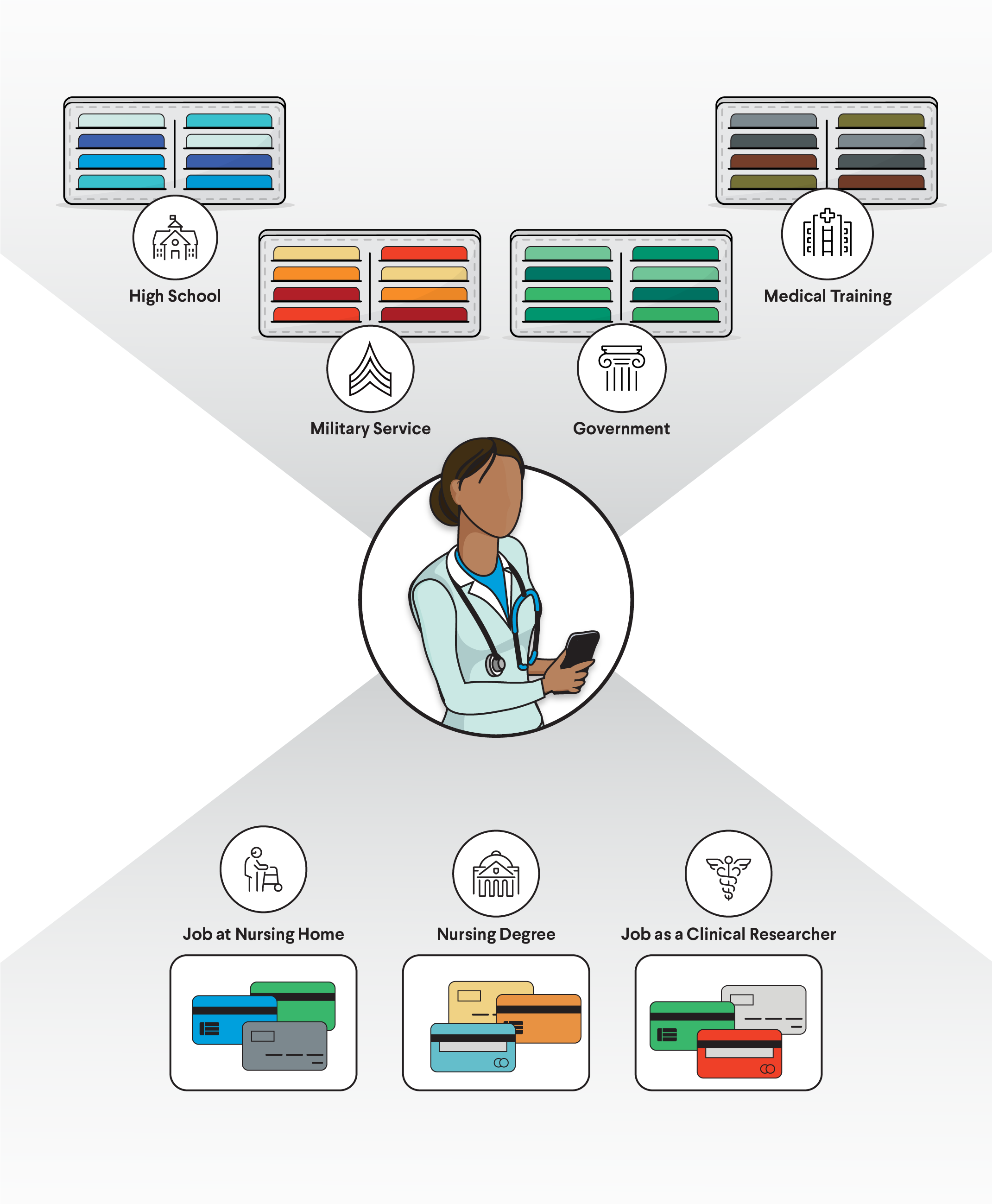
Innovators to Watch
Solutions Leading the Way
We narrowed the field from hundreds of digital wallets to those that workers and learners can use to store and share their verifiable credentials.
Promising Pilots
Solutions to watch
ASU Pocket
Blockcerts
C.TI Wallet by Convergence.Tech
GreenLight Credentials
Learner Credential Wallet by DCC
The Open Credentials Publisher Wallet by Randa Solutions
Super Skills
Talao
The Teacher Wallet by Randa Solutions
The Velocity Career Wallet
Walt.id
WayTo by Workday
Yoma by Trinsic
Designing Towards Interoperability
Learners and workers are likely to own and use multiple devices, and will likely be issued credentials for different types of digital wallet applications from different schools, employers, and government agencies, with each wallet containing multiple types of credentials. An interoperable ecosystem will give individuals the flexibility to move their credentials between different wallets and share understandable and verifiable information with an array of employers, educational institutions, training providers, and others.
JFFLabs is interested in collaborating with a variety of innovative organizations in this ecosystem to demonstrate true multi-vendor, multi-platform interoperability. JFFLabs, in collaboration with the W3C Verifiable Credentials for Education Task Force (W3C VC-EDU), will host a series of interoperability plugfests for these developers to demonstrate progress towards providing this flexibility for credential holders. The first plugfest (June 2022) had over 20 participants who demonstrated the ability to display an Open Badge 3.0 Verifiable Credential. The second plugfest (November 2022) focuses on protocols used to issue Verifiable Credentials. For more information about Verifiable Credentials being used to recognize education, training, and achievements, visit the W3C VC-EDU site.
